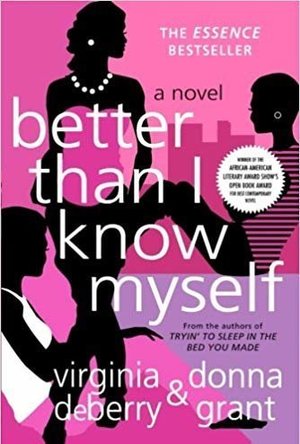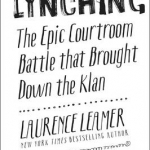
The Lynching: The Epic Courtroom Battle That Brought Down the Klan
Book
The New York Times bestselling author of The Kennedy Women chronicles the powerful and spellbinding...
Religious Lessons: Catholic Sisters and the Captured Schools Crisis in New Mexico
Book
Religious Lessons tells the story of Zellers v. Huff, a court case that challenged the employment of...
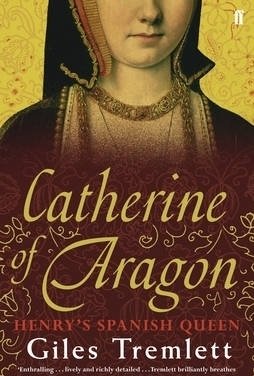
Catherine of Aragon: Henry's Spanish Queen
Book
This is the image of Catherine of Aragon who has always suffered in comparison to the heir -...
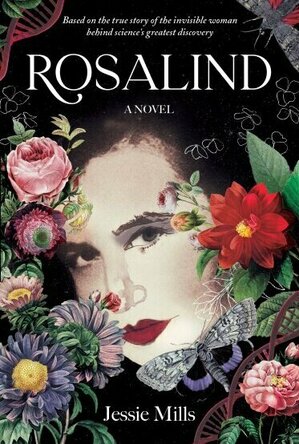
Rosalind: DNA's Invisible Woman
Book
Rosalind: DNA’s Invisible Woman tells the true story of the woman who discovered the structure of...
Historical Fiction Narrative Non Fiction
One of the main focuses of the book is the Biblical mandate to "be fruitful and multiply" and how modern culture has both minimized and scorned this. The authors also focus on the differences between males and females, as well as their different purposes in life. Marriage is also a central theme in the book, with the authors providing lots of advice, as well as suggestions to study other resources, in order to find a husband and maintain a healthy marriage.
To stress certain points throughout the book, the authors provide a visual illustration of the concepts discussed. They summarize the lessons taught in certain sections in a "Wise Steps" box, and they fill the book with sections that invite the reader to journal his own thoughts according to a certain topic.
What I found the most interesting about the book was how the authors broke down the multiple purposes of any woman into three categories: our purpose as humans (Core Callings), our purpose as women (Feminine Callings), and our purpose as unique individuals (Personal Callings). Each of these are further broken down, with the Core Callings having the most emphasis throughout the book: Leave and Cleave, Be Fruitful and Multiply, and Subdue and Rule.
I had a difficult time getting through this book, partly because I felt that some of the information provided simply did not apply to me and I did not find it particularly useful. I did agree with most of what the authors interpreted from Biblical scriptures, though I disliked the broad usage of many different Biblical translations. As with any Biblically-based self-help book, the Bible should be the first source and the book should be secondary. I also felt that Feldhahn used the book somewhat as a self-promotional tool, since she often refers to her previously-written book, For Women Only: What You Need to Know about the Inner Lives of Men.
All the same, I appreciated the Biblical perspective and the support of marriage-minded women and stay-at-home moms. There is much wisdom in the pages of this book.
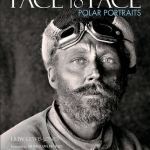
Polar Portraits
Book
A lavish account of pioneering polar photography and modern portraiture, Face to Face brings...
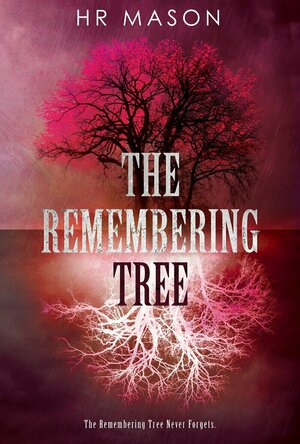
The Remembering Tree
Book
Only she who holds the key will unearth the secrets of the Remembering Tree. Still trying to...
Supernatural Gothic Suspense
Whatchareadin (174 KP) rated Better Than I Know Myself in Books
Apr 3, 2019
The story progresses through their meeting in New York at Barnard and continues through their graduation. Regina and Jewel were already roommates when they met Carmen at the university library. They all got stuck in an elevator together and as they say, "The rest is history." They lived together through the early 80's as they grew into women and started to become independent.
The book covers twenty years of friendship and sisterhood and all the trials and tribulations that entails.
This book made me laugh out loud and brought a tear or two to my eyes. It also made me want to get together with my closest girlfriends. This is a book that you have to read until the end.
I listened to this book through the iPod and Overdrive. The audio was read by Lisa Renee Pitts.
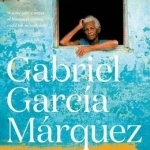
News of a Kidnapping
Book
Gabriel Garcia Marquez's News of a Kidnapping is a powerful retelling of actual events from a...
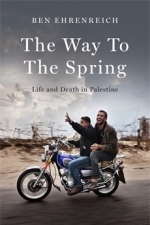
The Way to the Spring: Life and Death in Palestine
Book
This is a book about Palestine today. It is neither apologetic nor romanticized, but a powerful and...
History politics

